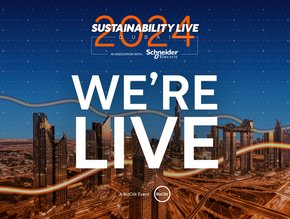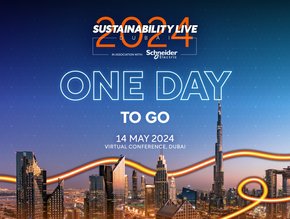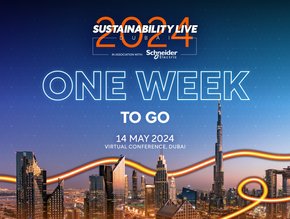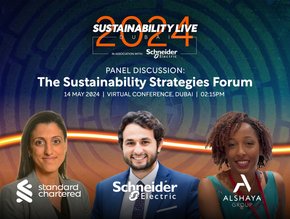PUMA’s experimental RE:SUEDEs use circular hemp fibres
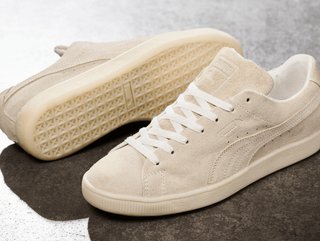
To create a circular economy means going beyond emissions and reducing waste. Any areas in which waste is inevitable yet difficult to dispose of, a cyclical approach helps overcome this hurdle—ensuring that waste completes a processing cycle to return it to the supply chain.
The apparel industry is a prime example of a system producing waste that is difficult, if not impossible, to eliminate. Not only are, for example, shoes a fashion statement but also a lifestyle component required by the majority—and exhaustive in nature. Around 22 billion pairs of shoes reach landfills each year and their materials would take almost half a century to decompose.
Materials such as leather, suede and rubber will remain in landfill for a couple of generations. PUMA recognises the need to stop this, which is the inspiration for the company’s latest research and development with its experimental RE:SUEDE shoes. The shoes are made with a TPE Outsole and hemp fibres and worn by volunteers in Germany for half a year to determine the suitability of the materials and durability of the shoe design. Following their use, PUMA sent the shoes to a specific, perfectly equipped industrial composting facility in the Netherlands, which is operated by Ortessa Group—the Dutch waste collection and management firm.
“While the RE:SUEDE could not be processed under the standard operating procedures for industrial composting, the shoes did eventually turn into compost,” says Anne-Laure Descours, Chief Sourcing Officer at PUMA Group.
“We will continue to innovate with our partners to determine the infrastructure and technologies needed to make the process viable for a commercial version of the RE:SUEDE, including a takeback scheme, in 2024.”
While the composition of the shoes is a great triumph in itself, the process for composting the shoes requires more intention. A special procedure was used to break down the shoes, including shredding them with other mixed green household waste and put into a composting tunnel.
The result of the circular composting study
In true circular fashion, the processing of these shoes left behind some byproducts that would not be degradable within the next few decades if left untreated. Breaking down the composts into pieces of 10mm or smaller meant that PUMA could supply them as Grade A compost to the agricultural sector.
Further materials were processed to reach this grade, but this shows the complexity of incorporating such products into ground matter—naturally more sustainable products require longer processing.
The company also values transparency, having made it one of its core pillars of the RE:SUEDE initiative. The company is sharing details about the circularity project, which could educate more companies in the industry to take steps towards reducing the impact of their shoes.
View the latest report HERE.
“We learned a lot during the RE:SUEDE trial and how to streamline our industrial composting process to include items that need longer to turn into compost,” says Marthien van Eersel, Manager Materials & Innovations at Ortessa.
“While all RE:SUEDE materials can decompose, the sole of the RE:SUEDE requires more pre-processing and additional time in the composting tunnel to completely break down.”
*************************************************
For more insights into Sustainability - check out the latest edition of Sustainability Magazine and be sure to follow us on LinkedIn & Twitter
Other magazines that may be of interest - EV Magazine | Energy Digital
*********************************************
Sustainability LIVE Net Zero will be hosted live from the QEII Centre, London on the 6th and 7th of March, and streamed globally via our virtual event platform Brella. Sustainability LIVE Net Zero will delve deeper into the strategies, innovations, and collaborative efforts propelling us toward a net-zero future. The conference and exhibition gives the opportunity to connect with like-minded peers and actively contribute to crafting a sustainable future.
Following Sustainability LIVE Net Zero, viewers can also sign up for Sustainability LIVE Dubai, Singapore and New York.
Sign up to the The Global Sustainability & ESG Awards 2024, coming to London on the 10th September 2024.
*********************************************
BizClik is a global provider of B2B digital media platforms that cover 'Executive Communities' for CEO's, CFO's, CMO's, Sustainability Leaders, Procurement & Supply Chain Leaders, Technology & AI Leaders, Cyber Leaders, FinTech & InsurTech Leaders as well as covering industries such as Manufacturing, Mining, Energy, EV, Construction, Healthcare + Food & Drink.
BizClik, based in London, Dubai & New York offers services such as Content Creation, Advertising & Sponsorship Solutions, Webinars & Events.

